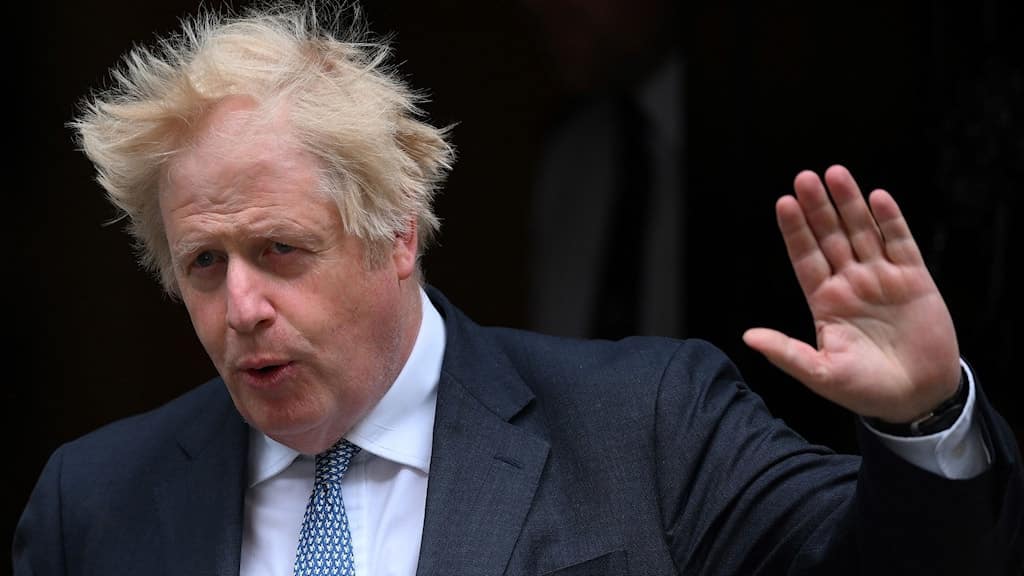As the world continues to reel from the energy crisis due to the Russia-Ukraine war, we’ve seen a lot of uncertainty in global financial markets lately. In fact, several significant economic events have taken place that you need to know about as an investor or entrepreneur.
Earlier this month, Europe’s single currency hit parity with the dollar, dropping to an all-time low. The UK economy also has never been the same since Boris Johnson resigned. As if that wasn’t enough, Americans are experiencing their worst inflation rate in 40 years.
All of these events are, in one way or the other, connected, leading to stock market negatives and crypto crashes. Therefore, it’s necessary to document each event and see how things are shaping up.
Euro-Dollar Parity
Euro-Dollar parity is a unique situation where the value of one currency is almost equal to another. The Euro has now reached a new low, almost equivalent in value to the US Dollar.
In fact, the Euro is currently trading below 1.02 Dollars, its lowest in 20 years. This means if you were to exchange $100 for 100 Euros, you’d get a fairly consistent rate on the market.
The parity has been a long time coming. In the last decade alone, we have seen both sides of this coin with a solid dollar and weak euro trends at various times. The current climate is unique in that it is seeing more of a blended mix as traders react to new economic data and geopolitical risks.
The main reason for the Euro slide can be attributed to the economic and political situation in Europe. European countries, especially the G7, have been drastically affected by the Russia-Ukraine War. The EU is dependent on Russian oil and natural gas.
Now, Russia has shut down the crucial Nord Stream 1, citing repairs and maintenance. After suffering bruising sanctions from the West, experts are worried if the pipeline will restart once the repair is done.
Flows via the pipeline have already been drastically reduced. Gazprom, Russia’s major gas company, has cut exports by 60% through Nord Stream 1. The consequence is that countries, such as Germany, have to bear with the gas crisis, skirting the Euro below the Dollar.
US Inflation
Inflation in the United States has reached 9.1%, its highest level since November 1981. This is the result of rising energy and food prices, according to inflation data released by the US Bureau of Labor Statistics.
The Consumer Price Index (CPI), which measures price changes for a basket of goods and services households typically buy, increased 1.3% in June. Energy prices rose 7.5%, while food costs were up 1%.
Analysts at the Bank of America have forecasted that the US economy may slide into a mild recession this year. They believe this would force the Federal Reserve to increase interest rates to curb rising prices. While the Fed hiked interest rates last month by 75 basis points, its highest since 1994, officials believe there are more to come of the same magnitude.
The consensus among economists is that rising oil prices caused by geopolitical tensions led to inflation and will continue next year. They will eventually subside due to a global economic recovery that will reduce the demand for Russian energy. This would mean interest rates will continue to climb until they reach a level where they are no longer necessary.
Boris and the UK Economy
Boris Johnson, who resigned as British Prime Minister following a no-confidence vote that saw members of his party abandon him en masse, will leave behind a UK economy experiencing surging inflation and stagflation.

Inflation is generally a persistent rise in the prices of commodities. Stagflation is when an economy has high unemployment and a low growth rate, coupled with high inflation. Experts are worried the period could lead to a recession in the UK.
Inflation hit 9.1% in May, higher than any other G7 nation. As with other countries, the rate was fueled by a rise in global energy costs and Brexit’s economic instabilities. The Bank of England has also hiked interest rates, their highest since 2008.
The charts are apocalyptic. The Consumer Price Index has fallen. Britain’s GDP keeps stuttering, only 0.9% bigger than in November 2019. The tax burden has increased, forecasted to exceed 35% of the GDP. UK trade has fallen behind France, and its workforce has seen fewer estimates.
While many of these negatives aren’t entirely the fault of Boris Johnson, its administration has a hand in them. Following his departure, a new government is faced with the uphill task of turning things around to ease the inflationary pressure.
